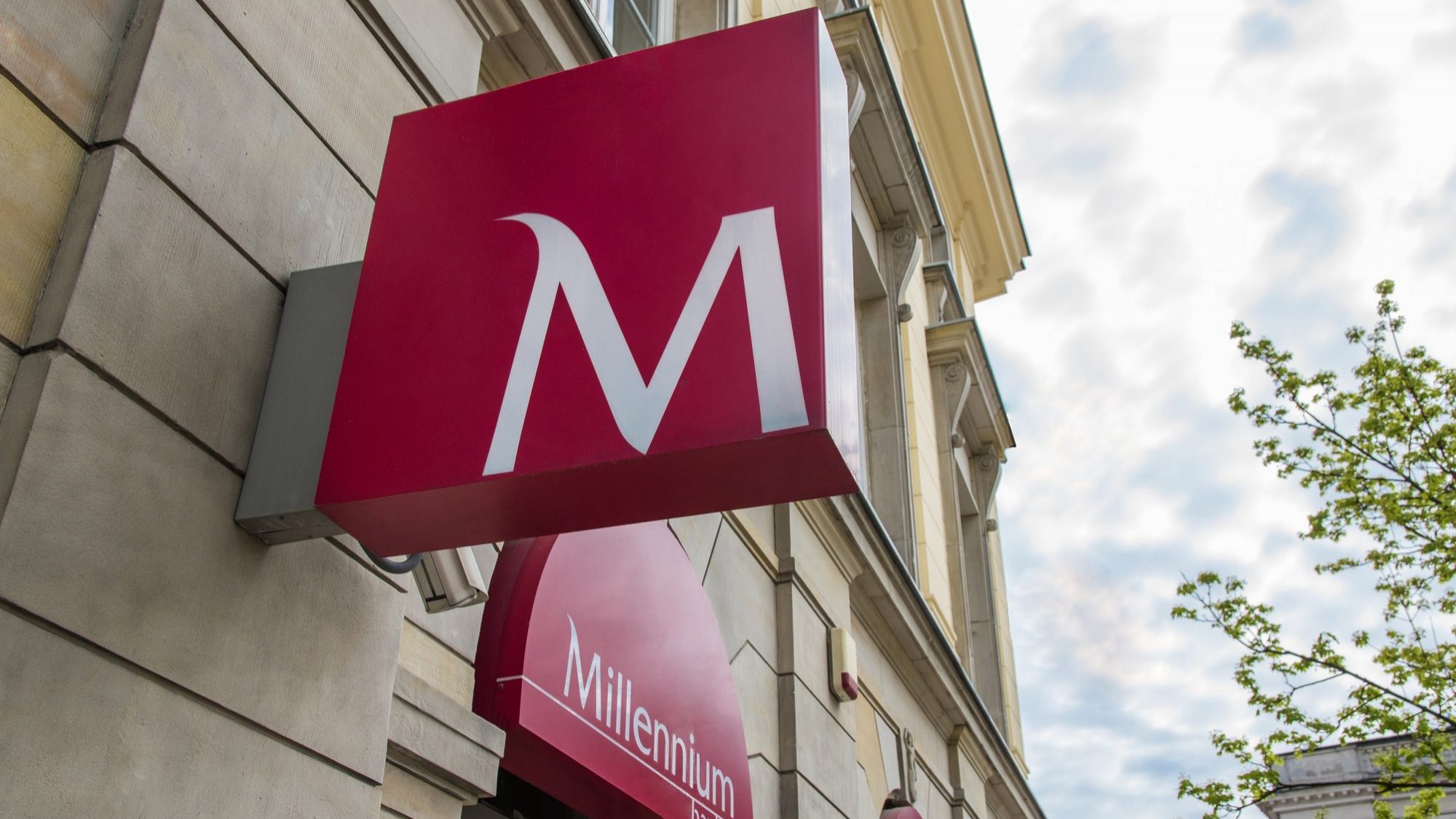BCP CEO says cooling of economy is expected but not a crisis
"The economic framework is challenging and Portugal is not oblivious to what is happening in the world," the CEO of BCP acknowledged.
The CEO of BCP, Miguel Maya, has said that the economic environment is “challenging” and that a cooling of the economy is expected, but not a crisis.
Refusing to place himself among those he classified as “prophets of doom,” the chief executive of BCP acknowledged that the economic situation is worrying and challenging, taking into account the war environment in Ukraine and some limitations that still remain in some countries due to the pandemic, but he considers that, unlike the humanitarian situation (due to the war), the economic situation is not dramatic.
“The economic framework is challenging and Portugal is not oblivious to what is happening in the world,” began Miguel Maia when asked about how he sees the evolution of the country’s economic situation.
Even so, he said, the current situation is different from the one experienced during the previous crisis (taking into account the growth rate expected for this year or the savings rate of families, for example), and therefore, “although worrying”, the economic situation “is not dramatic”.
Miguel Maia was speaking at the press conference on Monday to present BCP’s results for the first half of this year, a period in which it recorded profits of 74.5 million euros in the first half, a figure that represents an increase of over 500% compared to the 12.3 million euros recorded in the first six months of 2021.
“The outlook is for a cooling-off,” he said, refusing, however, to align himself with the “prophets of doom” and stating that “there are no reasons for euphoria, nor reasons for special concern”.
He said he hoped that the situation in Ukraine would be resolved “sooner rather than later”.
Asked whether the new management of BCP had already had the “green light” from the regulator to start work, he said that this had not yet happened and that the process was running “within the total normality of interaction” with the supervisors.
Miguel Maya also said that he did not expect any increase in non-performing loans in the next two years due to the rise in ECB interest rates, considering this a “process of normalisation of monetary policy.
“We are not seeing a rise in interest rates to levels that are abnormal. What is out of the ordinary is what we still have today, which is zero interest rates,” said Miguel Maya at the press conference to present the bank’s first half results.
When questioned about the impact of the rise in interest rates, initiated last week by the European Central Bank (ECB), the chief executive officer of BCP stated that he does not foresee “for the next two years any increase in NPLs [non-performing loans], based on the rise in interest rates”.
Miguel Maia noted that it is not good for a competitive and healthy economy to have negative rates and stressed that the increase that is being forecast, taking into account what has been said by the president of the ECB, is “prudent, correct, with very clear guidance that provides predictability for the regular functioning of the economy.
More worrying for companies than the expected rise in rates – a 2% rise in two years – is, he said, the impact that increased costs (with energy and from disruptions in value chains) may have on viable, competitive and well-managed companies that for these reasons may be left out of the market.
“Interest is still very low. The big concern should be how, in a context of a sharp rise in energy costs and disruptions in value chains, one can protect well-managed companies that have financial problems due to these two situations,” he said.


